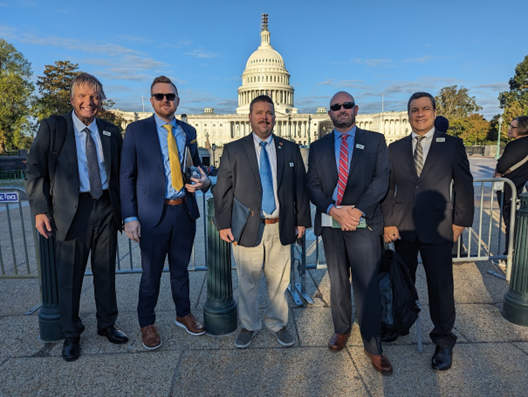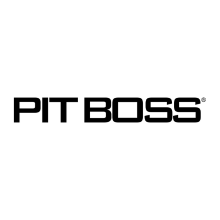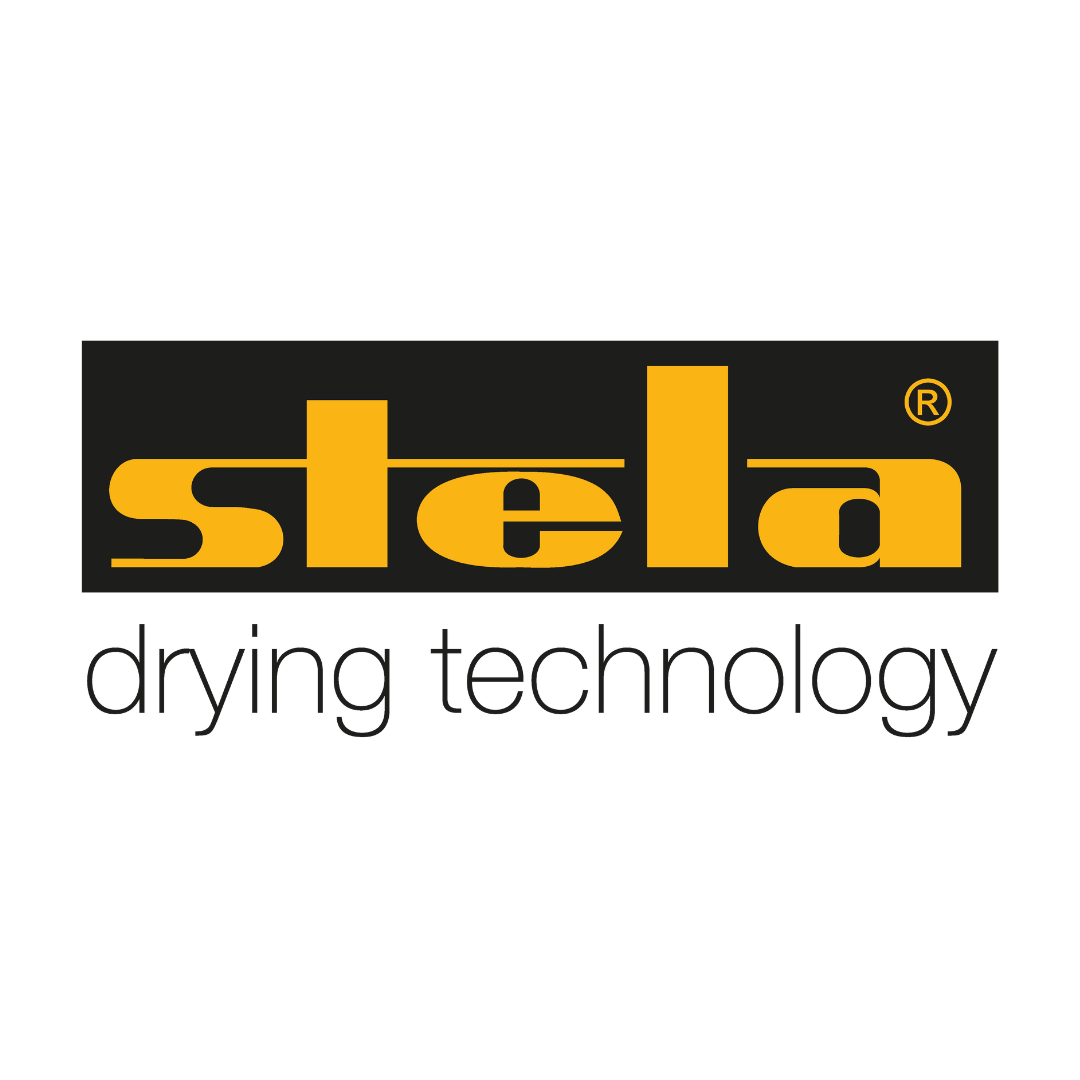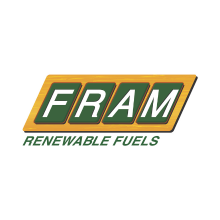Federal Policy AdvocacyThe Pellet Fuels Institute is an active advocate for the wood pellet industry and its supply chain partners. In an ongoing effort to educate policymakers about the vital role wood pellet manufacturers play in the forest products sector Pellet Fuels Institute members regularly welcome policymakers into their operations allowing them to see firsthand the sustainable conversion of wood products manufacturing residuals into a clean, renewable home heating and cooking fuel. Additionally, the Pellet Fuels Institute performs fly-ins, visiting policymakers in Washington D.C. to discuss the ways federal policies can support the sector and highlighting the challenges introduced by misguided regulation.
Members of the Executive Committee and the Legislative Affairs Committee Chairman gather before the 2023 Fly-In. Federal Policy Initiatives (December 2023)The Pellet Fuels Institute asks federal policymakers to: • Support federal regulatory language affirming biomass as a carbon-neutral, renewable energy source and direct federal agencies to regard biomass fuels as such. • Protect consumers’ right to heat their homes using wood and wood pellet appliances that comply with emissions limits outlined in federal regulations. • Maintain and expand tax credits for qualifying wood heat appliances. Further, the Pellet Fuels Institute ask federal policymakers specifically to: Farm Bill • Include provisions in 2023 Farm Bill reauthorization that bind federal agencies and departments to recognize biomass carbon neutrality in any federal environmental or energy rulemaking. • Support the ongoing inclusion of the Advanced Biofuels Payment Program in the Farm Bill. • Support the continuation of the Community Wood Energy Grants in the Farm Bill. • Support the continuation of the Wood Innovations Grants in the Farm Bill. Renewable Energy Tax Credits • Raise the cap on biomass appliance installations included in the Residential Clean Energy Property Credit to $8,000 to incentivize the installation of whole home wood pellet boiler systems. • Expand the Clean Energy Property Credit to include commercial installations. Renewable Fuels Standard • Direct the EPA to authorize a pathway within the Renewable Fuel Standard for wood pellet producers to generate Renewable Identification Numbers. |


















